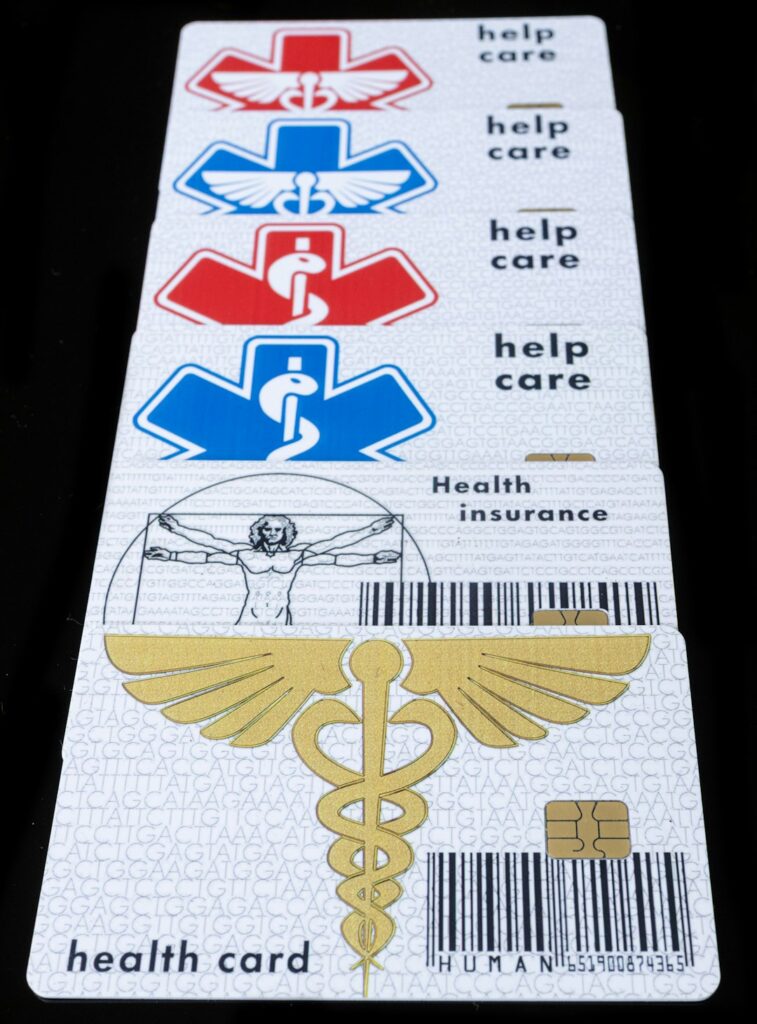AI Healthcare Applications: Transforming the Future of Medicine
The integration of AI healthcare applications is revolutionizing the way medical professionals diagnose, treat, and manage patient care. These technologies not only enhance efficiency but also improve patient outcomes, making healthcare more precise, personalized, and accessible. In this article, we explore various AI tools in the healthcare landscape and their significant impacts.
Understanding AI in Healthcare
AI healthcare applications encompass a wide range of technologies including machine learning, natural language processing, and robotics that aid healthcare providers in delivering superior care. The adoption of these tools is driven by the need for faster data processing and improved diagnostic accuracy.
Key Features of AI Healthcare Applications
- Data Analysis: AI tools can sift through vast amounts of patient data quickly and accurately, revealing patterns that human analysts may overlook.
- Predictive Analytics: Machine learning algorithms analyze historical data to forecast patient outcomes and optimize treatment plans.
- Automation: Routine tasks such as scheduling and billing can be automated, freeing medical staff to focus on patient care.
Popular AI Applications in Healthcare
Several AI healthcare applications are currently making waves within the industry, enhancing various aspects of medical practice.
Diagnostic Imaging
AI tools are increasingly used for analyzing diagnostic images such as X-rays, MRIs, and CT scans. Algorithms can identify anomalies with impressive speed and accuracy, significantly reducing the time required for diagnosis.
Virtual Health Assistants
AI-powered virtual assistants improve patient engagement by providing real-time support. They can schedule appointments, remind patients about medications, and monitor health metrics.
Benefits of Implementing AI in Healthcare
The implementation of AI in healthcare delivers numerous advantages to stakeholders, including patients, healthcare providers, and facilities.
Enhanced Patient Care
With AI’s ability to analyze patient data continuously, healthcare providers can offer tailored treatment plans, improving overall patient satisfaction and outcomes.
Cost Efficiency
AI healthcare applications also contribute to cost savings by reducing the need for unnecessary tests and enhancing resource allocation.
Challenges and Considerations
While the potential of AI in healthcare is immense, there are challenges to address before widespread adoption can occur.
Data Privacy and Security
Ensuring patient data privacy and security is paramount. With AI systems processing sensitive information, robust security measures must be in place to protect against breaches.
Integration with Existing Systems
Many healthcare institutions encounter difficulties when integrating AI applications into their existing workflows and systems, necessitating careful planning and training.
The Future of AI in Healthcare
The evolution of AI healthcare applications is just beginning. As technology advances, we can expect to see even more innovative solutions that can predict diseases, assist in surgical procedures, and enhance the overall patient experience.
Potential Trends to Watch
- Increased Personalization using AI analytics.
- Integration of AI with wearable technology for continuous monitoring.
- Expansion of telehealth platforms utilizing AI tools for remote patient management.
In conclusion, AI healthcare applications are transforming the medical landscape, presenting new opportunities for improving patient care and streamlining operations. While challenges persist, the potential benefits make it an exciting time for the healthcare industry as it increasingly embraces artificial intelligence.
Transforming Diagnostics with AI
One of the most significant AI healthcare applications is in the field of diagnostics. Machine learning algorithms are now capable of analyzing medical images with remarkable precision. For instance, AI tools are employed in radiology to detect anomalies in X-rays, MRIs, and CT scans faster than human radiologists. They can pinpoint subtle changes that might be overlooked, leading to early detection of conditions like cancer, thereby significantly improving patient outcomes.
Case Studies in AI Diagnostics
Several case studies have highlighted the efficacy of AI in diagnostics. A notable example involves the use of AI algorithms that have been trained to identify various skin cancers with accuracy parallel to that of expert dermatologists. By utilizing vast datasets, AI systems learn to evaluate skin lesions and recommend diagnoses. The integration of such AI healthcare applications not only aids clinicians in making informed decisions but also enhances the overall efficiency of the healthcare system.
Enhancing Treatment Plans through AI
AI healthcare applications are also revolutionizing how treatment plans are developed and personalized. By analyzing vast amounts of patient data, AI systems can identify patterns and correlations that human analysts may miss. This capability allows healthcare providers to tailor treatment strategies to individual patients based on their unique genetic makeup, lifestyle, and medical history.
Predictive Analytics for Improved Outcomes
Predictive analytics, powered by AI, plays a vital role in the customization of treatment plans. For example, AI can assess the likelihood of a patient responding positively to a specific drug regimen based on data collected from numerous patients with similar profiles. This results in more targeted therapies, reducing trial-and-error in medication and ultimately leading to better patient adherence and satisfaction.
The Future of AI in Patient Monitoring
Continuous patient monitoring is another area where AI healthcare applications are being increasingly deployed. Wearable devices equipped with AI algorithms can track patient vitals in real time, alerting healthcare providers to any abnormalities. This proactive approach to healthcare is especially beneficial for chronic disease management, where early intervention can prevent complications and hospitalizations.
Real-Time Data Utilization
The integration of AI in patient monitoring not only enhances the quality of care but also empowers patients to take an active role in their health management. With the ability to receive real-time feedback on their condition, patients can make informed decisions about their health, leading to better adherence to treatment regimens and a more engaged patient population.


